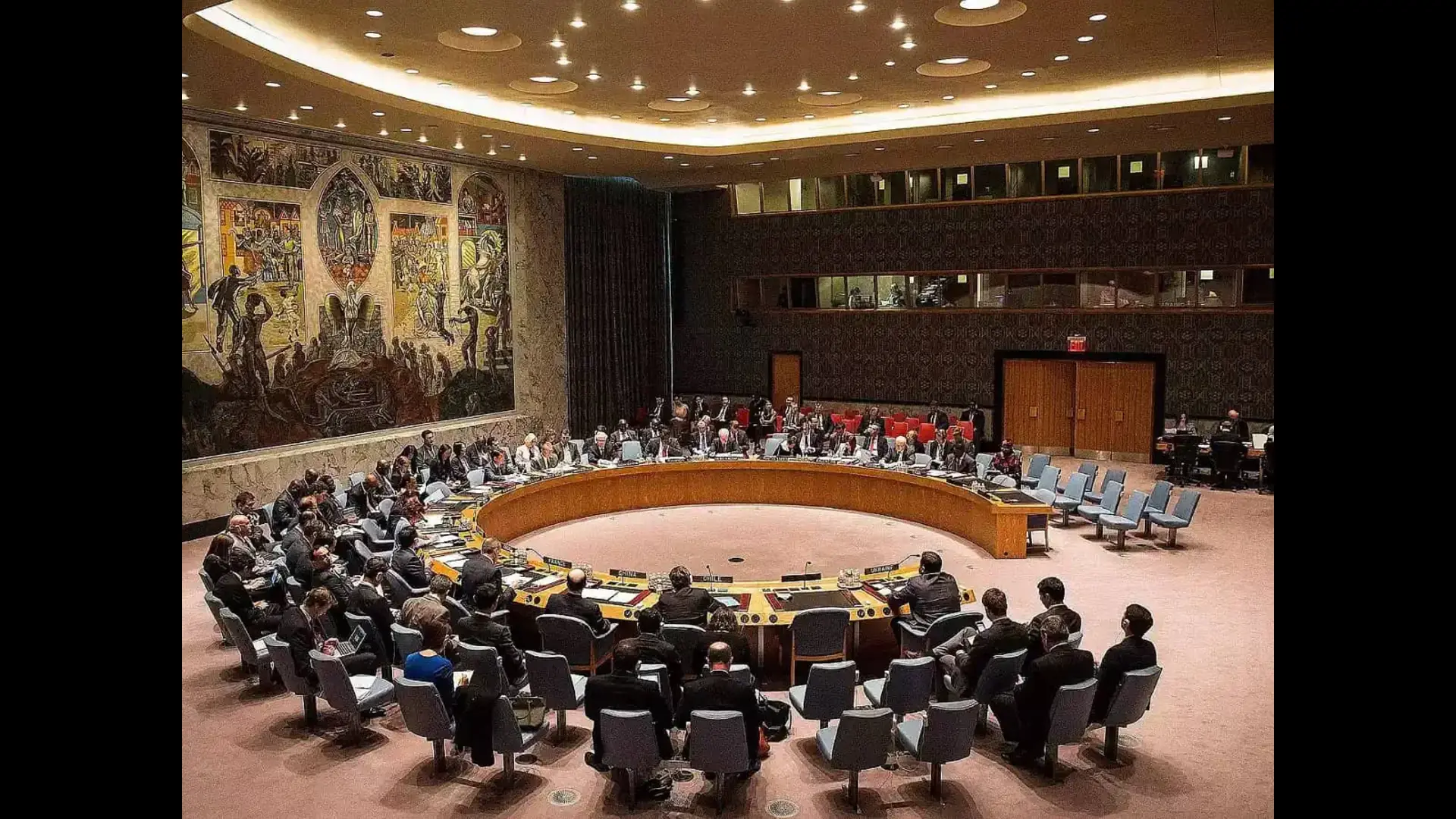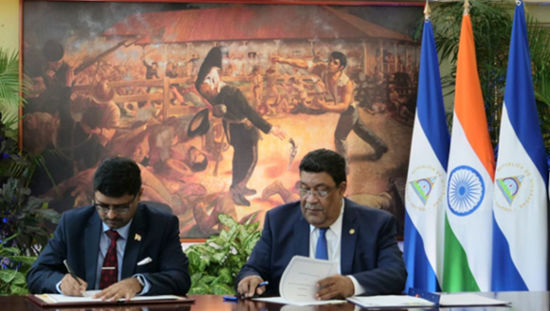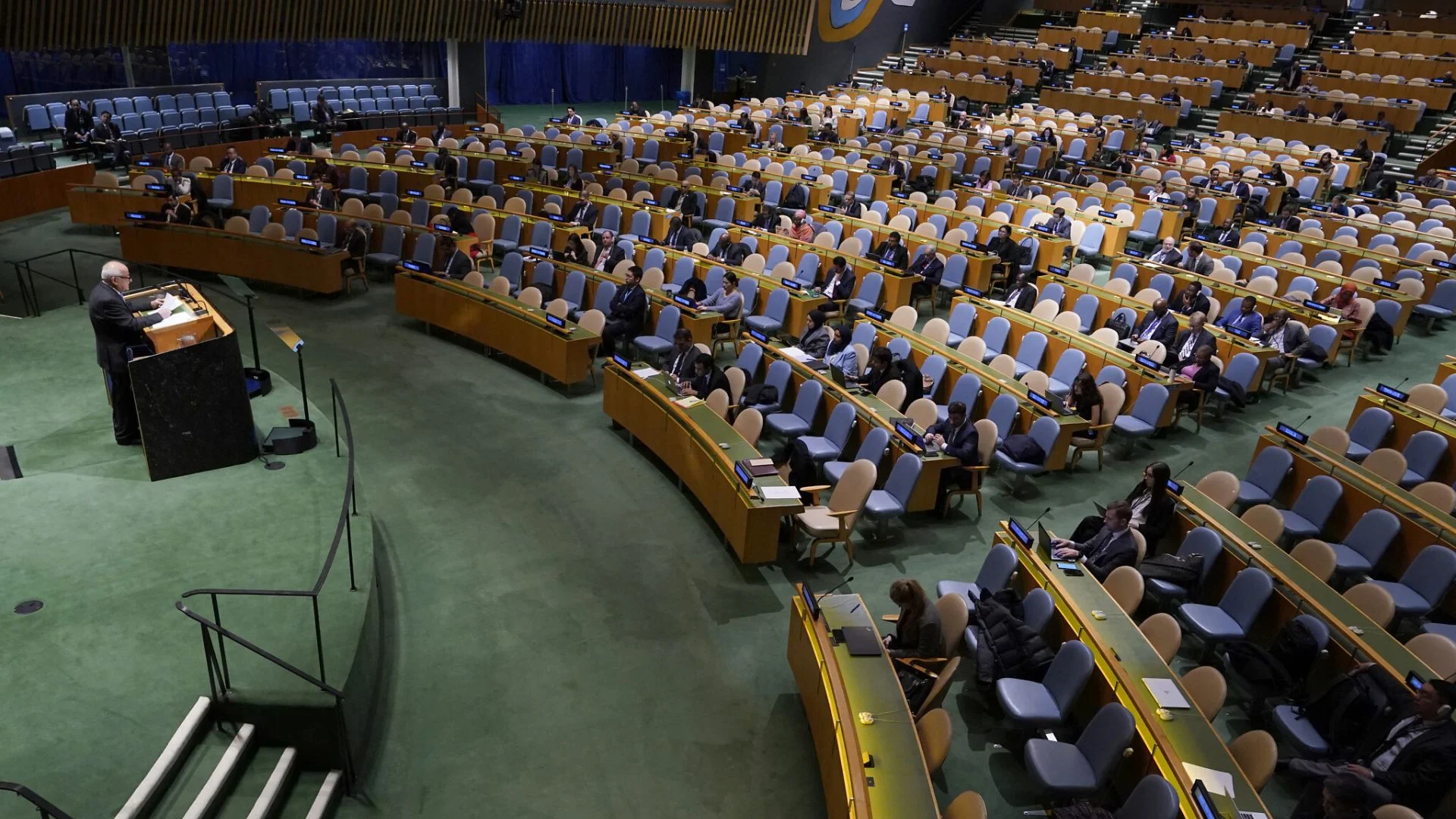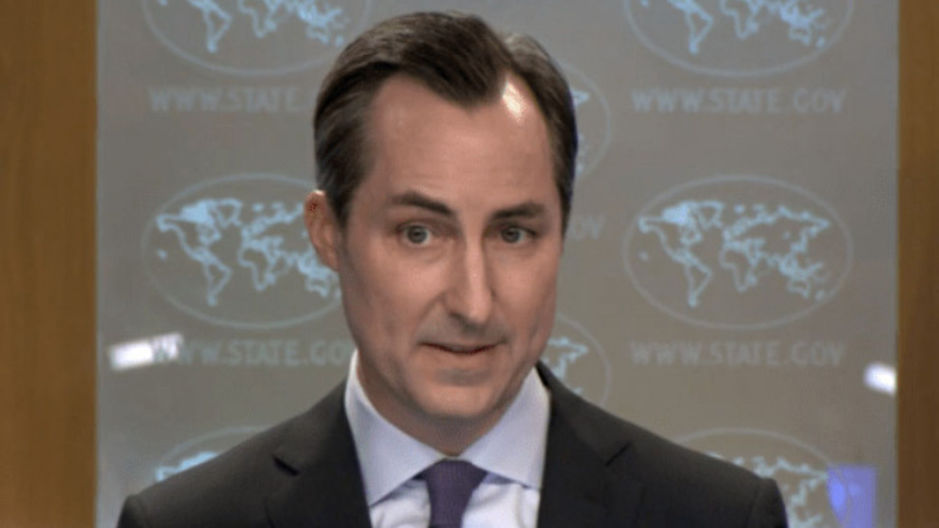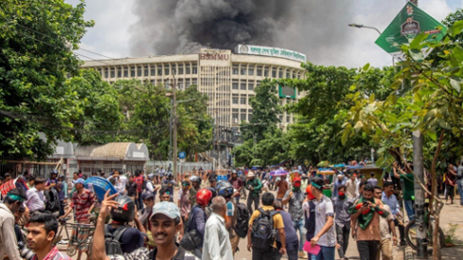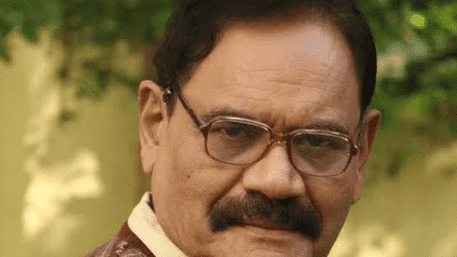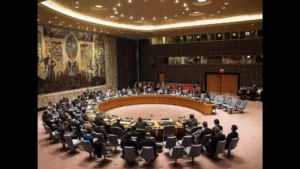Following the Syrian rebels’ takeover of Damascus, their leader, al-Julani, has ordered that no public institutions be touched until the “official” handover is completed. This marks the end of the Assad family’s 50-year rule and Bashar al-Assad’s 24-year presidency.
Syrians worldwide celebrated after the rebels announced the ousting of President Bashar al-Assad. As the rebels, led by the powerful insurgent group Hayat Tahrir al-Sham (HTS), entered Damascus on Sunday, Assad was forced to flee the country.
Syrian Prime Minister Mohammad Ghazi al-Jalali expressed willingness to cooperate with the rebels and ensure a peaceful transition. HTS chief Abu Mohammed al-Julani instructed his forces to avoid interfering with public institutions until the official handover from the prime minister.
The Syrian civil war, which began in 2011, led to the downfall of several regimes. Assad’s government survived with support from Russia and Iran. In a surprise offensive launched on November 27, HTS and the Turkish-backed Syrian National Army began capturing cities, starting with Aleppo and culminating in the rebels’ control of Damascus.
Until the rebels entered the capital, Assad’s whereabouts were unknown. However, two senior army officials confirmed to Reuters that he had fled by plane to an undisclosed location. Following Assad’s departure, Syrians celebrated the end of his oppressive rule. “This victory is historic,” HTS chief al-Julani declared at the Umayyad Mosque in Damascus, with slogans such as “Syria is ours, not the Assad family’s” echoing through the city.
Though Damascus is under rebel control, Prime Minister al-Jalali stated he is “ready to cooperate” with any leadership chosen by the people. HTS responded by stating that public institutions would remain under the PM’s authority until the official transition is completed.
The Syrian Observatory for Human Rights reported 910 deaths since the offensive began on November 27, including 138 civilians, 380 Syrian troops and allied fighters, and 392 rebels.
Global reactions to the fall of Assad’s regime have been positive. German Chancellor Olaf Scholz called it “good news” and stressed the importance of quickly restoring law and order in Syria. British Prime Minister Keir Starmer welcomed the end of Assad’s “barbaric regime” and urged protection for civilians and minorities. In the U.S., President-elect Donald Trump stated that the U.S. should not intervene in Syria, while President Joe Biden hailed Assad’s fall as a “fundamental act of justice,” emphasizing the historic opportunity for Syrians to rebuild their nation.
Meanwhile, reports from Russia indicate that Moscow has granted asylum to Bashar al-Assad and his family. A Kremlin source confirmed the decision, citing “humanitarian considerations.” The source also reiterated Russia’s support for a political solution to the Syrian crisis and the resumption of UN-mediated talks. Russian media later confirmed that Assad had fled to Moscow and sought asylum in his long-time ally nation.
In response to the situation, Russia has called for an emergency session of the UN Security Council. Dmitry Polyanskiy, Moscow’s deputy ambassador to the UN, confirmed that the UNSC will convene for an emergency closed-door meeting on Monday afternoon to discuss Syria’s future following Assad’s fall.

